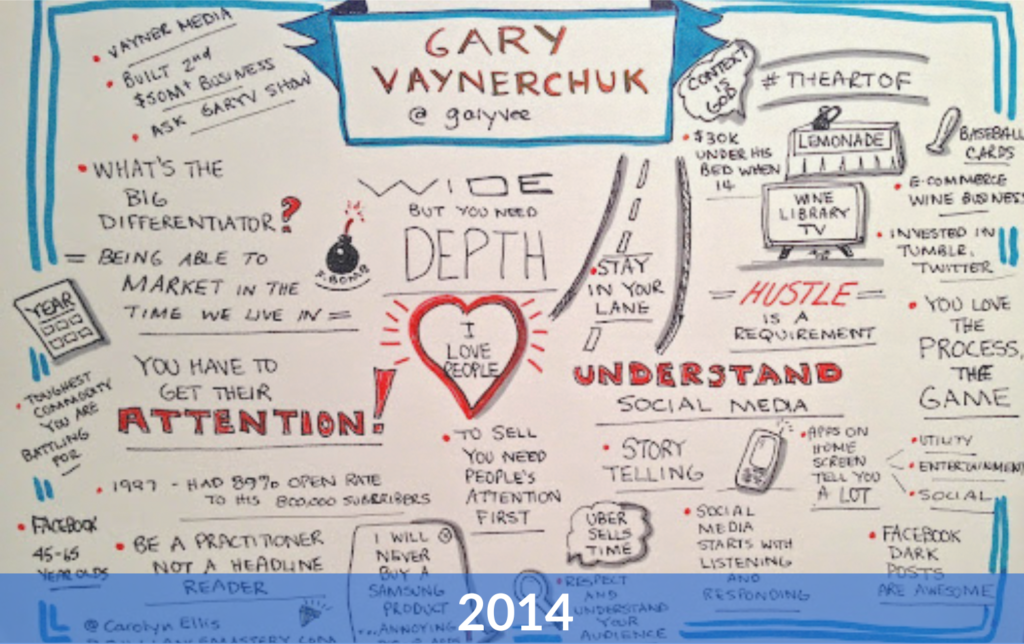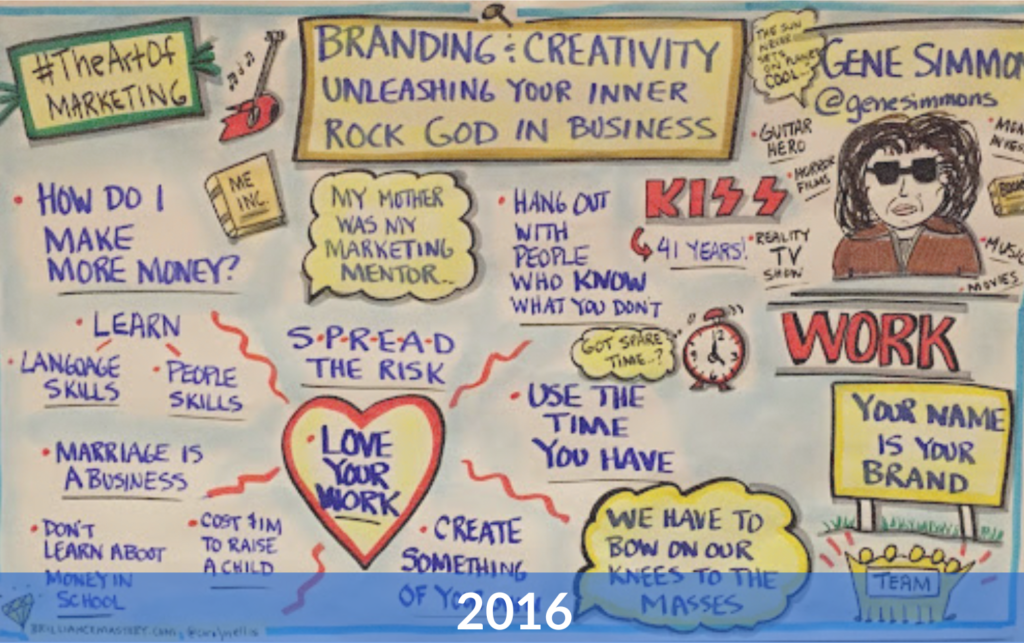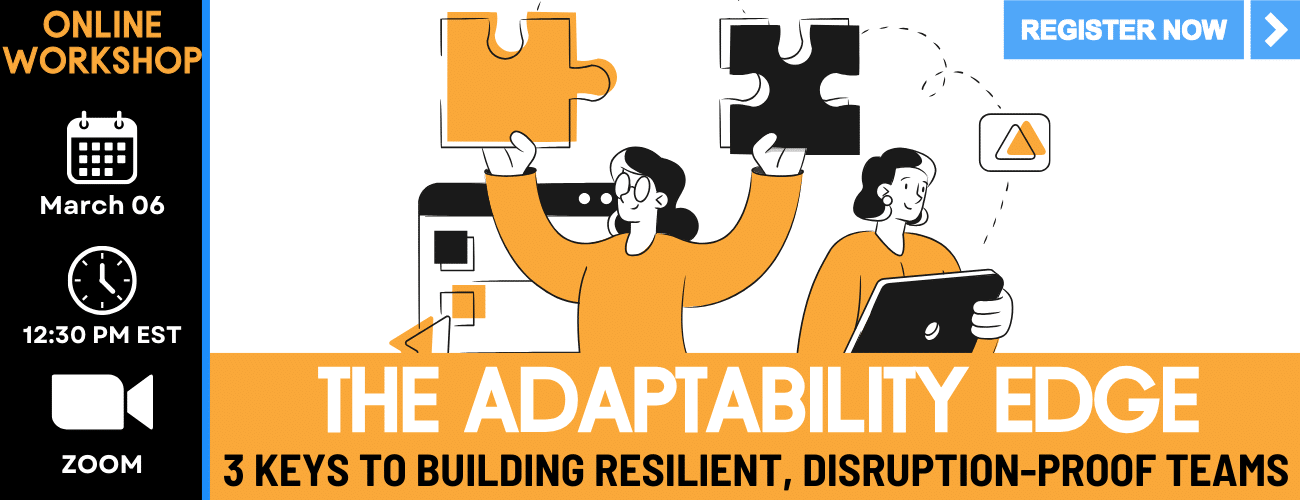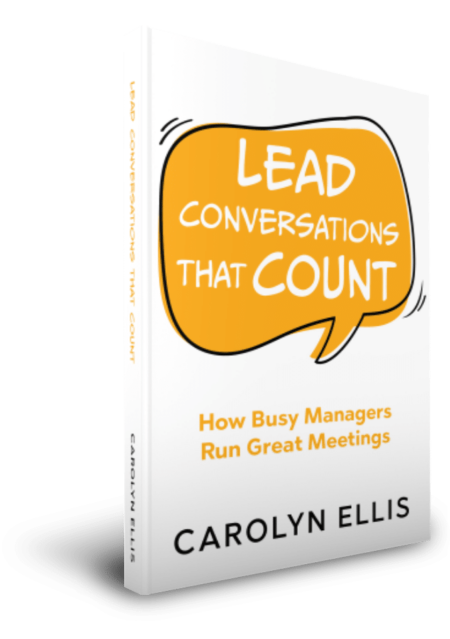In today’s fast-paced professional landscape, the pressure to excel and innovate often collides with the reality of acquiring new skills and adapting to evolving roles. For busy leaders and managers, performing at ever higher levels can create a sense of urgency and even doubt if they can make it when the bar always seems to be set higher.
Collectively we live in a society that seeks instant gratification and the silver bullet. Uplevelling your skills, especially in public in front of your peers or subordinates, can feel risky. So how do busy leaders and managers find a practical way to develop new mastery?
There are so many life experiences where we need to go up a steep learning curve so we can develop competence and mastery. Starting your first job after college. Learning how to parent your child (or your pet). Going through a divorce or health challenge. Navigating care for aging parents or special needs family members. Going to your first audition for a play. In the game of life, we all come to unknown territory that we need to explore and cross.
Recently, I completed a client engagement of graphic recording for The Art of Leadership for Women. I realized I had been working with this wonderful client for the past 10 years. Over that decade I’ve had the opportunity to listen to world-class speakers and thought leaders in leadership, business, public policy, and personal development. My work has been shared with tens of thousands of attendees over the years. I feel pretty happy and grateful for that opportunity.
Yet when I went back to check out the first graphic recordings I did in 2014, I winced. In those early days, I didn’t have a lot of mileage yet. I created sketchnotes in a notebook while sitting in a seat in the darkened room. My style was quite simplistic. I had a simple palette of just 3 colours. Yet my passion for making information visual and providing a whimsical roadmap of conversation was clearly there. As you can see in the visual here, there’s been a progression over the years.




Flash forward a decade, and I now tag-team with a fellow graphic recorder on 4’x6’ paper, using a suitcase full of different kinds of markers. My lettering and drawing style has completely evolved, and continues to do so as I now work digitally. My trust in the process of what to capture and how has become much more intuitive and lively.
I share this as an example of how developing mastery takes time. It takes practice. It takes failure. Whether you’re mastering the art of running meetings, navigating difficult conversations, or spearheading change initiatives, here are five essential tips to accelerate your journey towards mastery:
Tip 1: Adopt the Right Mindset
Mastery starts with committing to new ways of thinking and acting. Define the level of skill you want to achieve and visualize what success looks like for you. What specifically does success look and feel like to you, and to others? This clarity not only motivates but also guides your efforts toward tangible outcomes. .
Tip 2: Create Actionable Plans
Don’t wait for motivation or inspiration to strike. Often it’s through action we can reignite motivation. Just as a fire needs kindling to start a roaring blaze, so too does the creativity, self-trust and commitment to building your mastery. Block dedicated time in your calendar for practice and learning. Consider teaming up with an accountability partner who can offer support and feedback.
Tip 3: Start Small, Grow Consistently
Effective learning often starts with small, manageable steps. Identify a “laughably small” action you can integrate into your daily routine. Whether it’s refining your communication skills or honing your leadership approach, gradual progress builds confidence and reinforces learning through practical experience.
Tip 4: Stay Curious and Patient
Developing mastery requires curiosity and patience. Embrace a growth mindset that sees challenges as opportunities for growth. Traditionally, mastering a craft took years of apprenticeship. Similarly, approach skill development as an ongoing journey of refinement and adaptation. See setbacks as opportunities for learning and be willing to operate in a level of discomfort and uncertainty as you strengthen your mastery.
Tip 5: Celebrate Your Journey
Recognize and celebrate each milestone along the way. What’s truly exciting is not just about what you’ll be able to “do”, but who you will become as you travel your path to mastery. Appreciate how each step forward contributes not only to your skill set but also to your development as a leader.
Achieving mastery in any endeavor is a journey that doesn’t allow short-cuts or the ability to delegate the work to others. Ultimately, it’s the journey itself that brings out resilience and wisdom we might never otherwise realize or trust we have.
If you’d like support with leadership within your organization or team, let’s connect to explore if the Level Up Leadership executive coaching program can help!




